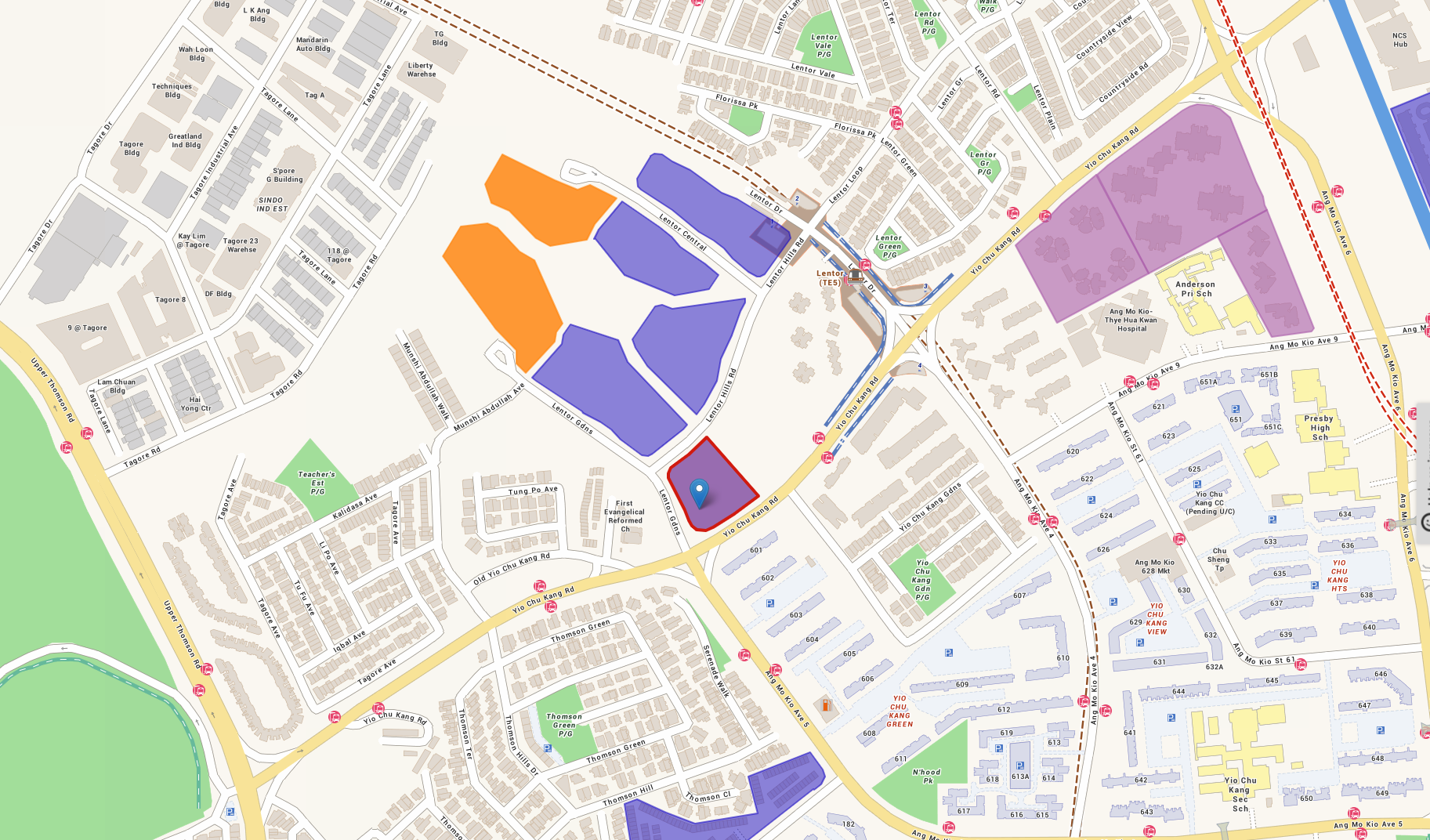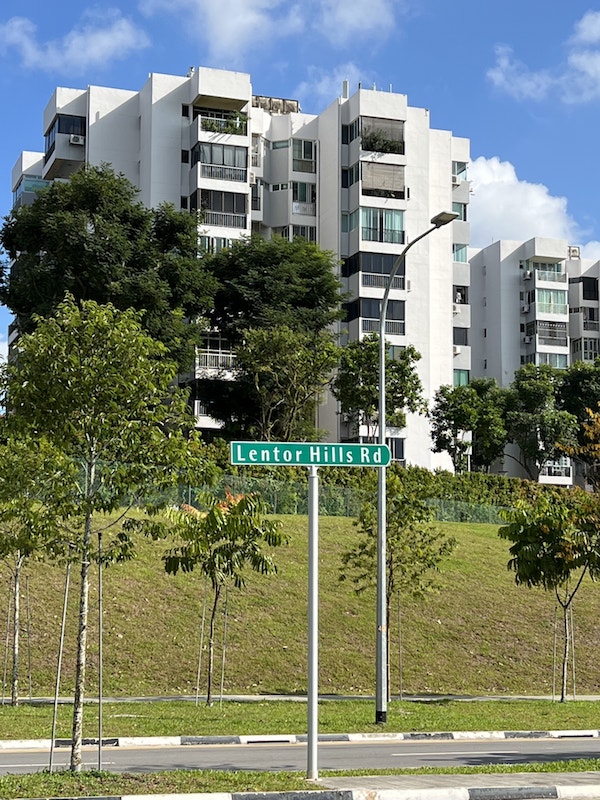Latest Information Lentoria Price List As At Tuesday, July 1st 2025 updated, Register to receive the price list and book showflat appointment!
The Evolution of Ang Mo Kio: From Rural Landscapes to Urban Marvel
AMK stands for Ang Mo Kio, located in Singapore’s North-East Region. Over time, AMK has blossomed from rural hinterland into a bustling residential hub – bordering such well-known areas such as Yishun, Serangoon, Sengkang and Bishan – boasting its own distinct identity with vibrant communities including Yishun Serangoon Serangoon Sengkang Bishan. AMK’s history is as rich as its vibrant community today!
“Ang Mo Kio” can be translated to Hokkien as “red-haired man’s bridge”, evoking tales of an iconic bridge spanning Kallang River. Another translation gives us “Kow Tiao Kio”, meaning nine Bridges; this alludes to early infrastructure within this district.
AMK was once known for its pastoral charm, boasting rubber plantations estates, secondary forests and swamps. Following the 1900s rubber boom, this region experienced an explosion in population as cultivation expanded further – however this rural appeal didn’t last forever.
By 1973, AMK was well on its way toward modernity; the Housing Development Board (HDB) began planning to convert AMK into Singapore’s seventh satellite town by 1980 – this vision came true thanks to AMK becoming one of Singapore’s pioneering town councils in 1986.
Modern AMK is home to over 143,800 residents residing in 50,733 HDB flats – each home offering amenities to complement its residents’ lives: living, working and playing.
AMK never stops evolving; 2016 marked an important turning point with the unveiling of Ang Mo Kio Court BTO development with its 3G flats equipped with facilities to serve both elderly and family residents, in keeping with Singapore’s vision of car-liteness. AMK is on track to becoming Singapore’s premiere walking and cycling town.
AMK now enjoys an idyllic combination of urban sprawl and lush pockets of green, such as Bishan-Ang Mo Kio Park and twin town gardens West and East. These verdant spaces demonstrate Singapore’s commitment to nature conservation amid rapid urbanization; AMK continues to flourish under this progressive vision, seamlessly uniting memories from the past with future prospects.



